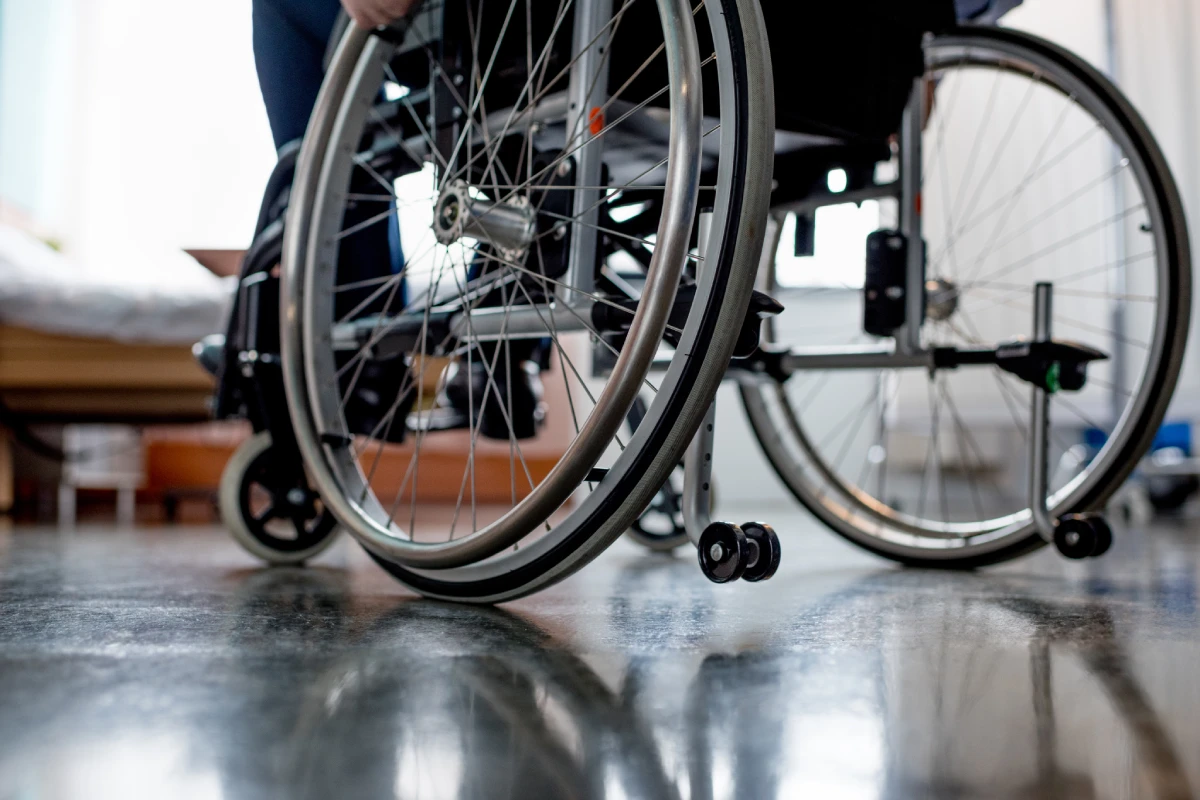Both Social Security Disability Insurance (SSDI) and Supplemental Security Income (SSI) are disability programs that offer financial benefits for those who qualify. SSDI is made available to those who have worked and accumulated enough time to qualify for social security. On the other hand, SSI is available low-income individuals who have not worked due to their disability.
If you are a United States citizen but currently live or plan to move outside of the U.S., you may still collect SSDI benefits if you meet the program requirements.
SSI is a different story. You will not receive your benefits if you are away from the U.S for more than 30 days. An exception is made for children who have to leave the United States because a parent is in the military.
What does Social Security consider ‘outside the country’?
To be considered outside of the U.S., you must have been out of the country for at least 30 consecutive days. The same 30 days requirement applies when back in the U.S. to qualify.
You are not considered ‘abroad’ for SSDI if you are in:
- All 50 states;
- Washington D.C.;
- Puerto Rico;
- U.S. Virgin Islands;
- Guam;
- Northern Mariana Islands; or
- American Samoa.
For SSI purposes, ‘abroad’ refers to places not in the 50 states, Washington D.C., or the Northern Mariana Islands. So for example, if you’re in Puerto Rico for more than 30 days, your SSI payments stop until you return to the U.S. for at least 30 days.
Country-Specific Limitations Affect Your SSD Benefits
The country to which you travel affects whether you can receive your benefits. Although the Social Security Administration (SSA) can send payments to many countries, it is unable to send to North Korea and Cuba.
A handful of other countries allow U.S. citizens to collect their payments if they pick up their check in person at the U.S. embassy. These countries are:
- Azerbaijan;
- Belarus;
- Georgia;
- Kazakhstan;
- Kyrgyzstan;
- Moldova;
- Tajikistan;
- Turkmenistan;
- Ukraine;
- Uzbekistan; and
- Vietnam.
Changes in Status Affect Qualification for SSD Benefits
You must report certain status changes to the SSA. The SSA will send a questionnaire periodically, which determines if you still qualify for benefits. Failing to complete it in a timely manner could result in delayed payments.
It is also important to report certain changes that may affect your benefits; do not wait to receive the questionnaire to report these changes. For example:
- Marriage or Divorce
- Moving
- Improvement of your disability
- Returning to work
- US deportation





